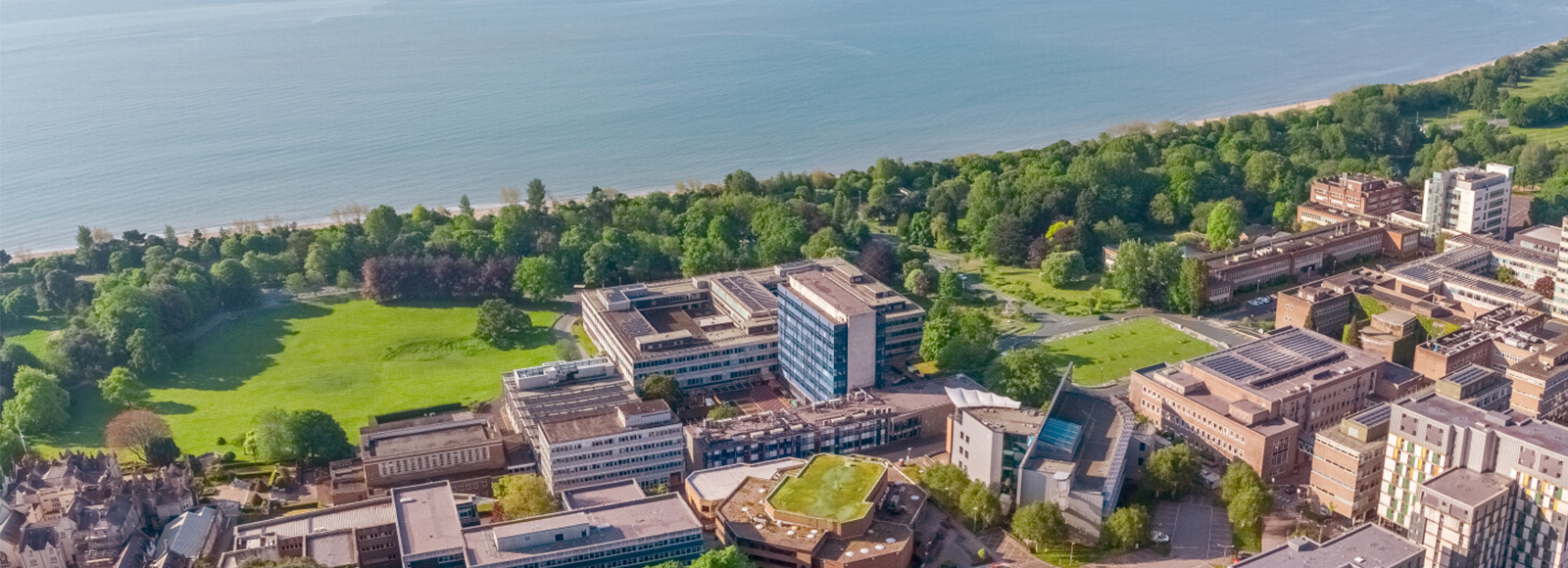This master’s in Gender, Power and Violence explores current academic, policy and practice debates in the specific field of gendered harms, considering issues from multiple disciplinary lenses to understand how gendered violence and harms differentially affect gendered bodies and lives. The programme will combine theoretical, empirical and applied content to explore how gendered experiences of abuse can be explained, experienced, researched and challenged in local and global contexts.
Gender-Based Violence (GBV) is an area of increasing policy and public concern, described by the World Health Organisation as a global public health pandemic. This programme’s content is at the forefront of current issues and debates in the field, such as tech-facilitated gendered harms, engaging men and boys, and debates around online misogyny.
Throughout your studies, you will develop an advanced understanding of critical feminist theories of gender, violence and harms, as well as methods for conducting research into gendered harms. The programme will grapple with debates about how we can develop effective, theory-led interventions and improve research capabilities in this field to produce higher-quality evidence about ‘what works’ to reduce and eliminate gendered harms.
Alongside this, you will learn about specific forms of gendered violence and harm, the key policy and practice responses to them in local and global contexts, and how to both develop interventions and evaluate what works (and what doesn’t) to address gendered harms in different contexts.
Why Gender, Power and Violence at Swansea?
You will benefit from having access to interdisciplinary teaching that is based on active research being undertaken by award-winning colleagues in Criminology, Sociology and Social Policy. The result of this is a distinctive and unique programme that is based on innovative research, delivered by experienced academics that are recognised for their ground-breaking research at local, national and international levels.
You will be encouraged to immerse yourself in this contemporary research environment from the outset, with the programme linking in with existing research networks such as The Centre for Research into Gender and Culture in Society (GENCAS) and The Centre for Social Change.
Our programme puts a strong emphasis on co-production as a means of academics, practitioners, policy-makers and survivors working together to improve how we can better respond to gendered harms and trauma. As such, the central ethos of our teaching will include involving you in unique, cutting-edge research developments.
An example would be the development of pioneering immersive Virtual Reality training techniques to be used to train Violence Against Women Domestic and Sexual Violence (VAWDASV) first responders, using scenarios that are too dangerous or complex to create in real life settings. As a student on this programme, you will have the opportunity to experience and be involved in the evaluation of these pioneering tools, and will also be encouraged to apply your learning to explore how to address GBV in your own communities.
Throughout the programme, you will also learn to:
- Design, implement, and evaluate your own interventions focused on gendered violence prevention, survivor support, or public education, with skills in setting objectives, intervention development and monitoring outcomes.
- Build effective partnerships and collaborate with a range of community organisations, government agencies and survivors.
- Conduct research and practice in a way that is sensitive to trauma, ensuring ethical engagement and minimising harm when working with those who experience gendered harms.











